"Where is the future of the national football team?" - This is a question that every Chinese fan has asked countless times. At the beginning of the new year, the training of the Chinese men's national football team started in a confusing way: many core players, including naturalized players and veterans, have applied to leave the team one after another. Is this unexpected or reasonable? Is it a crisis or a hint of some opportunity?
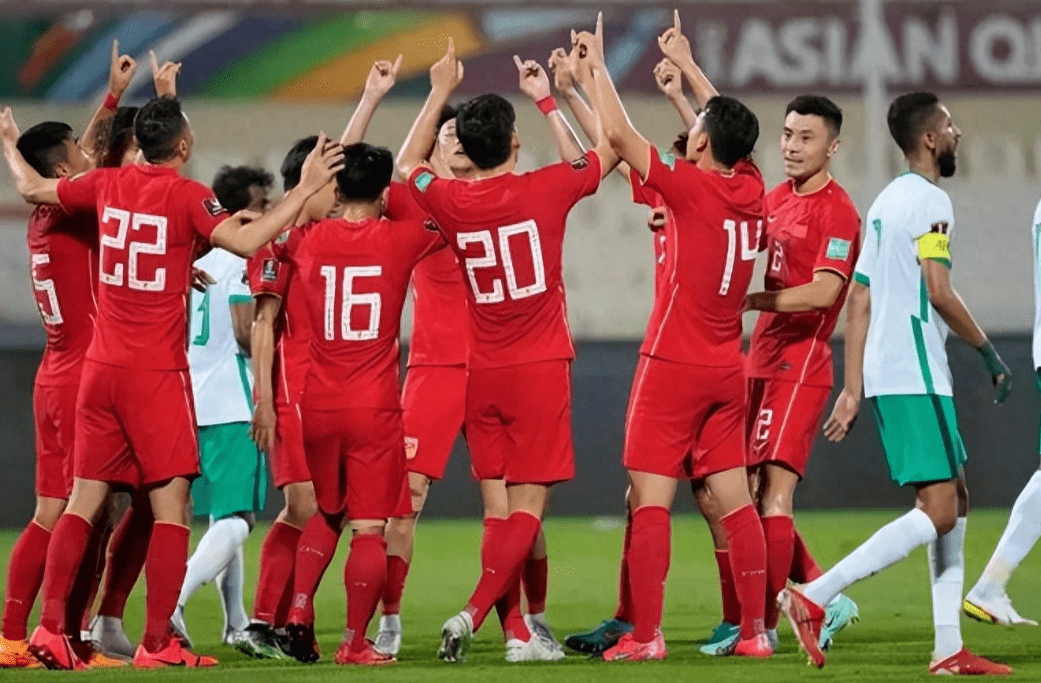
For the newly appointed head coach of the national football team, Ivan Kozlovic, the start of 2023 was not easy. One after another application for withdrawal from the team came like a "warning shot," catching the new commander off guard. From naturalized players to veterans, and even the captain of the national football team, Wu Xi, everyone had different reasons, but they all pointed to a common point: they wanted to "quit."
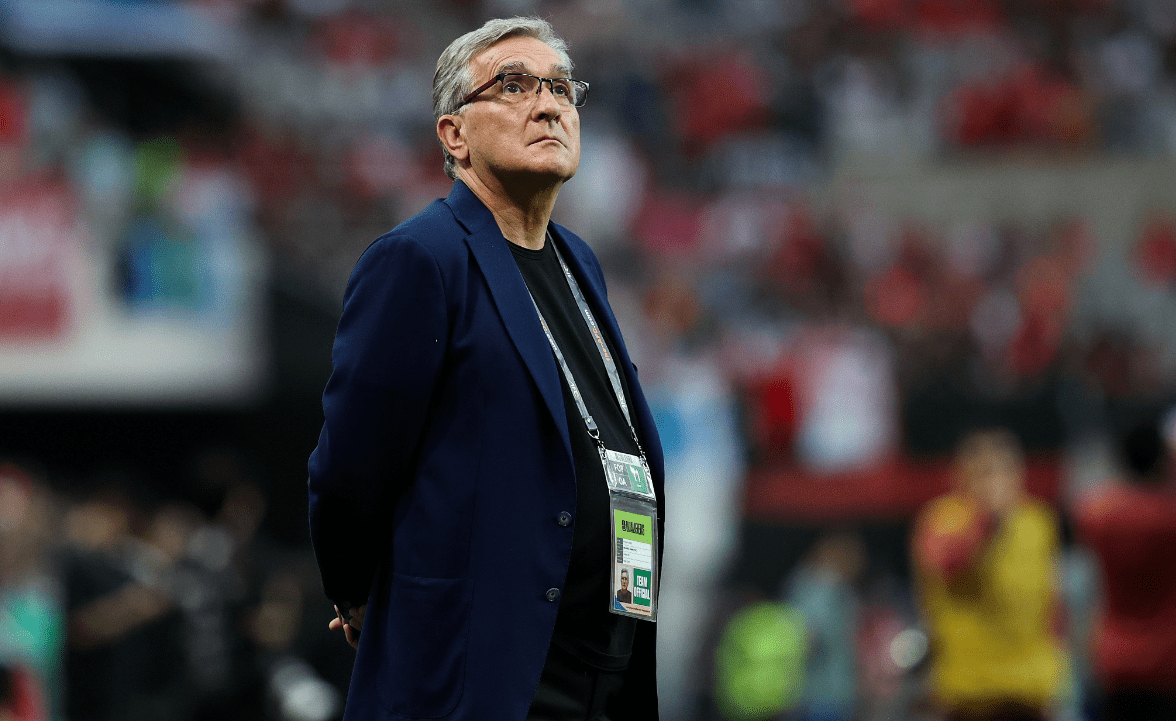
Let's take a look at the naturalized players first. Fernandinho did not succeed in renewing his contract with the club and openly stated that his future was uncertain, so he was not ready to participate in the training; another naturalized player, Alan, also submitted an application, citing his increasing age and unwillingness to continue.

Next comes the veteran Zhang Linpeng, who simply announced his withdrawal from the team after the game, although he later changed his mind and said he would maintain his form, he was never called up again. Finally, there is the most eye-catching captain Wu Xi, who proactively stated that his abilities were insufficient and he could no longer serve the country, which was quite dignified.
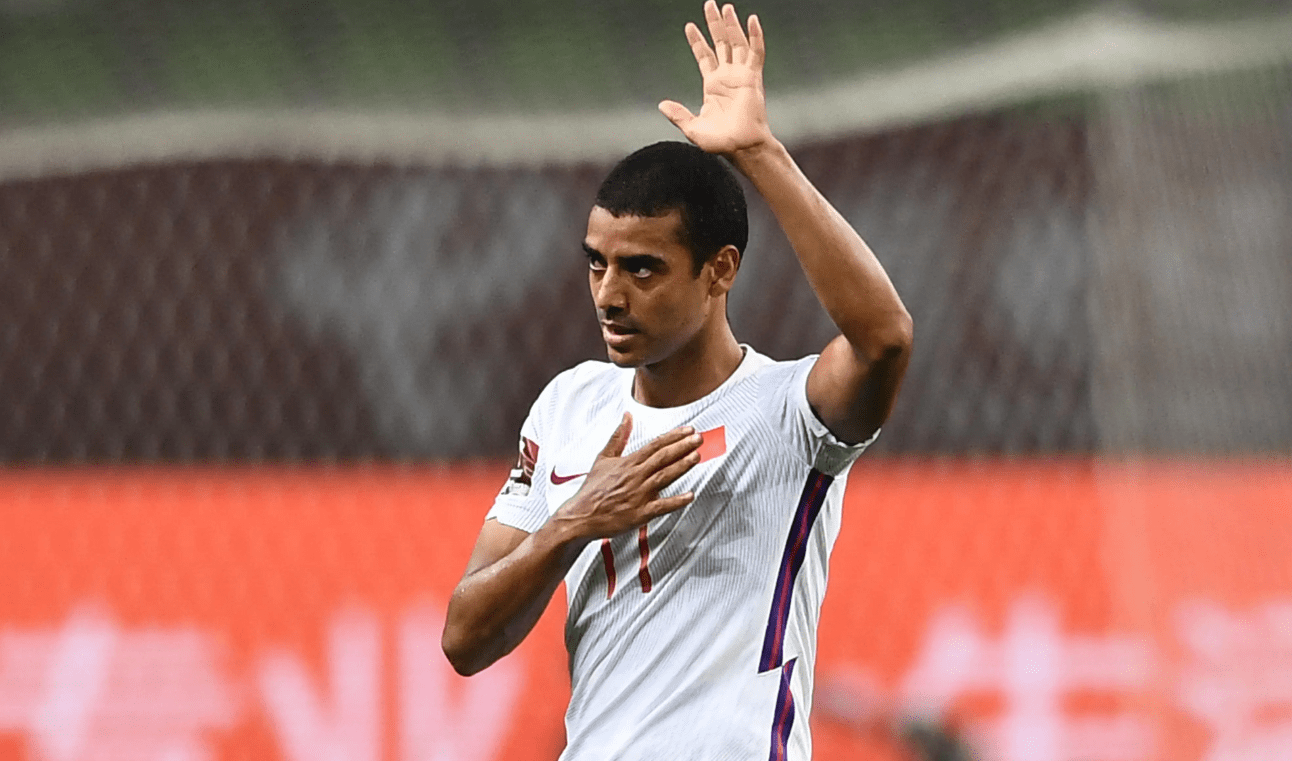
As the helmsman of the team, Ivan did not show any emotional fluctuations. He chose a "crisp and decisive" approach, fully accepting the applications for withdrawal and quickly promoted some young players into the team. His attitude can be described as polarized, with some saying he is cold and ruthless, like a sharp tongue; others think he is clean and decisive, a doer. Regardless of whether it is good or bad, the incident itself has put him at the forefront of the test.
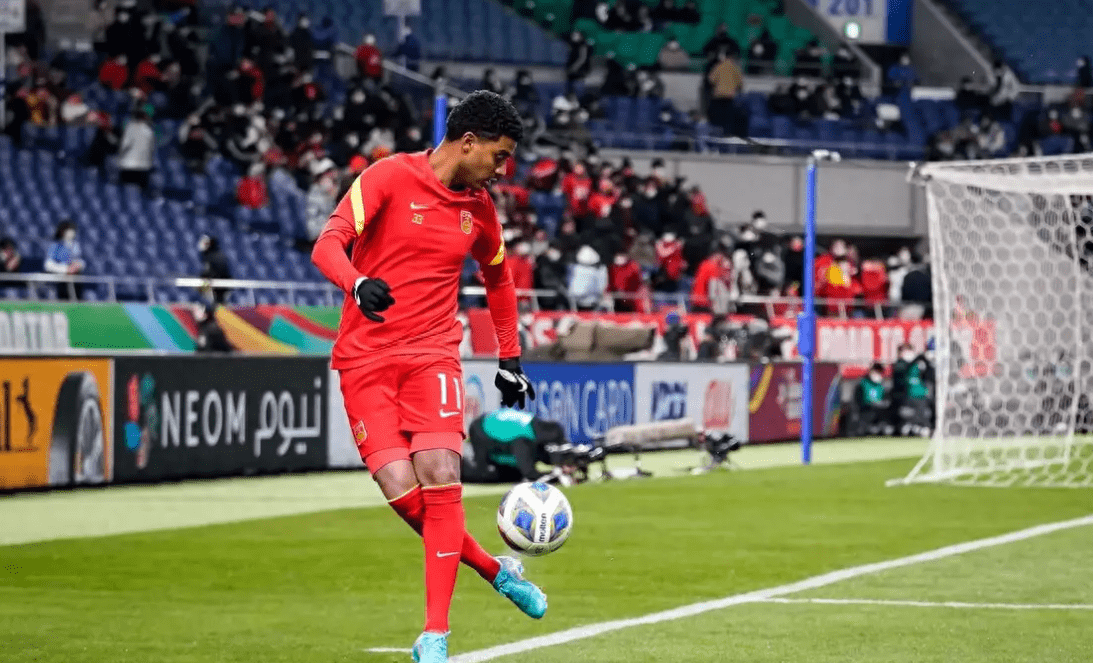
Naturalized players have always been an important force for the national football team, especially in the past few years, when they once made us "see improvement." However, when Fernandinho and Alan announced their withdrawal from the team, the luster of these achievements began to show cracks - does the naturalization policy no longer work?
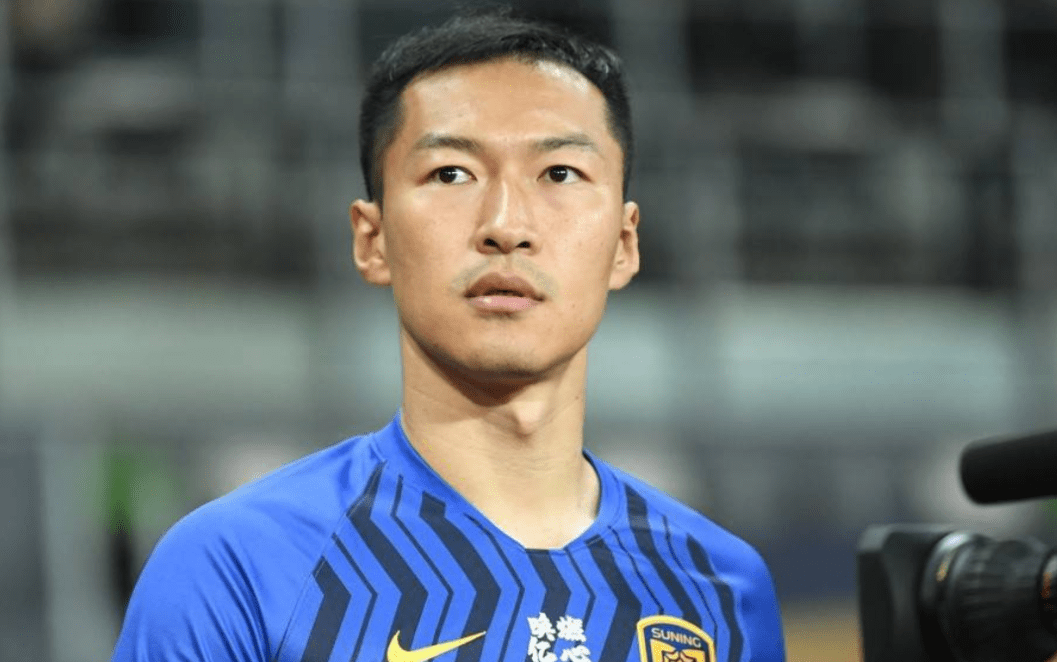
In fact, the problem of naturalized players has always been like a double-edged sword. Although it can quickly improve the overall combat effectiveness of the team in the short term, it exposes more hidden worries in the long run. Looking at the age level, the current main naturalized players are mostly over 30 years old, which is the later stage of their professional careers, making it difficult to ensure competitive form; looking at loyalty, the motives of some naturalized players may not be purely for "serving the country," but more based on considerations of their career prospects, and such attitudes obviously cannot sustain in-depth cooperation.
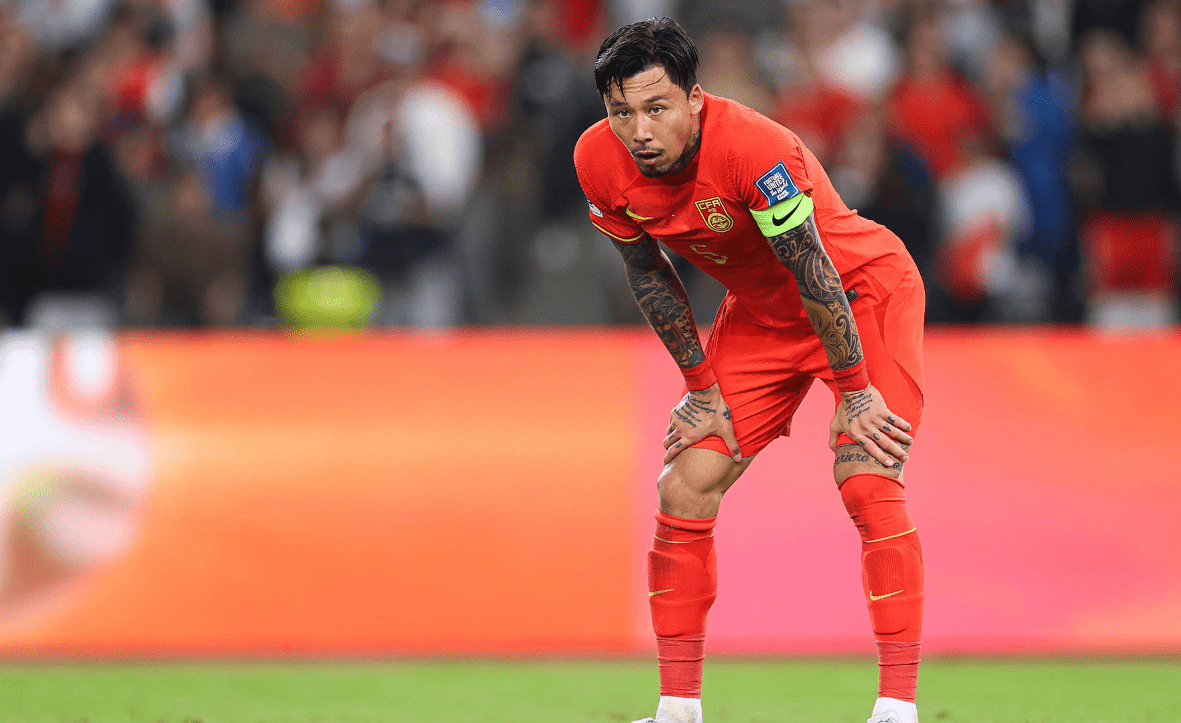
In recent years, there have been many controversial voices about naturalization: should we continue to naturalize to find combat support, or completely turn to local training? This question is hard to conclude at present. But the withdrawal of Fernandinho and Alan has shown that excessive reliance on naturalized players is not a panacea that can be preserved for a long time.

In addition to naturalized players, the choices of local mainstays in the wave of withdrawals are even more intriguing. Wu Xi withdrew from the national team citing "insufficient ability," which shocked people at first, but upon further reflection, it revealed a subtle taste - after all, the peak period of this captain is gradually fading away.
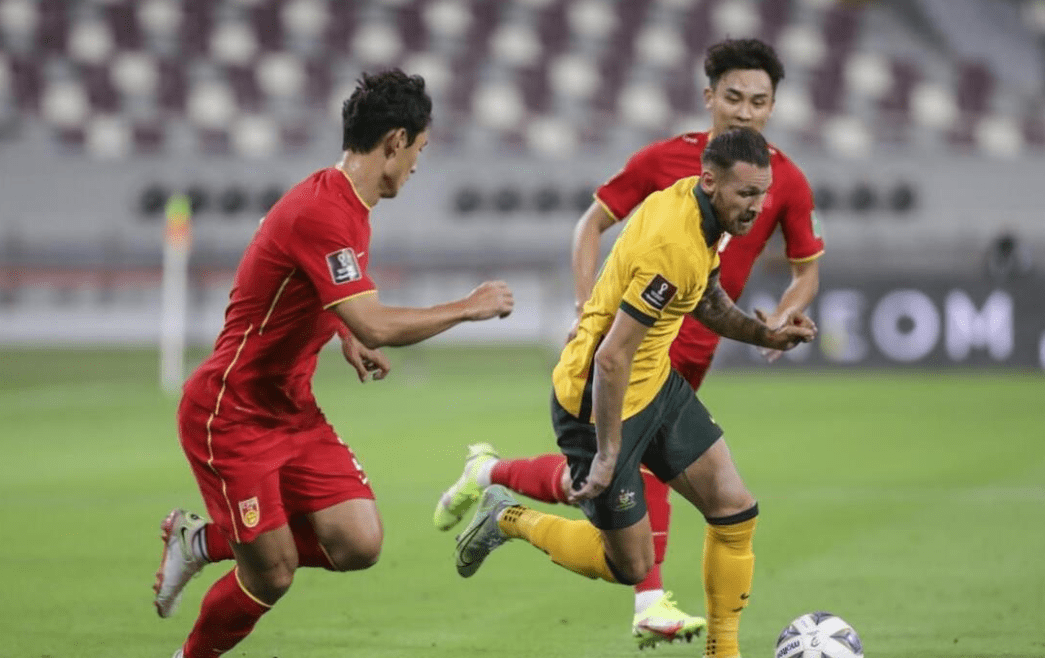
But is the problem really just "insufficient ability"? I don't think so. Under the reality that Chinese football has long failed to get out of the trough, the national team faces not only competitive problems but also psychological problems. The embarrassing record of repeated defeats puts every player standing in the center of the court under great public pressure. Some people straightforwardly "quit," which may not be their helplessness towards themselves and reality.
For example, Zhang Linpeng, his sudden withdrawal from the team after the match with Singapore was not only a personal decision but also became the focus of external mockery. "If you're not going to do it, why come back to join in the fun?" - such direct words reflect the deep psychological trauma behind the withdrawal: the long-term fatigue and helplessness of the players' psychology finally exploded at some point.
Psychology experts point out that being in a high-pressure environment for a long time can cause unpredictable damage to the spiritual world of professional athletes. Obviously, the national football players bear such shackles, and even some of them can't carry them anymore - perhaps this is the core reason for Wu Xi and Zhang Linpeng and others.
A wave of withdrawals has reformed the entire situation of the national football team, and newcomers are emerging at an unprecedented speed. Lin Liangming, Cao Yongjing, Wang Ziming, these young players have taken the place of the old players, not only have not disappointed people, but also played a very good state.
Compared with the old players, these newcomers bring more fighting spirit. Their desire to win and the boldness of young bulls not afraid of tigers are exactly what a depressed team has been lacking for a long time. Of course, newcomers are not a "panacea." The lack of experience and the immaturity of tactical skills still have a considerable gap compared to veterans. Whether these young people can shoulder the burden of the national football team is still an uncertain question mark at present.
The wave of withdrawals has given them opportunities, but it has also brought more tests. The key is whether the national football team can use this blood change to truly find a path to climb, rather than repeatedly falling into a vicious cycle of "blood change-failure-blood change again."
Naturalized players are certainly not a long-term solution, but the exit of veterans and the rise of newcomers do not mean that the current situation can be completely reversed. Fundamentally, the problem of the national football team is still the lack of reserve strength of players. Whether it is the participation rate of grassroots football or the perfection degree of the youth training system, Chinese football has not really "sprouted" in the past few decades. In other words, many people criticize the poor state of the players or the mistakes of the coaching command, but they ignore a more important fact - we have been a building with an unstable foundation from the beginning.
In recent years, the Chinese Football Association has indeed improved investment in youth training, but whether these seeds can really sprout still requires time and the cooperation of the big environment. If we blindly expect the rise of "genius players" without focusing on broader and more solid talent cultivation, what will the future be like? The answer may be disappointing.
The wave of withdrawals from the national football team is undoubtedly disheartening, but it may also be a wake-up call. Everyone can see clearly where the garbage is to be cleaned up and where the gaps are to be plugged, it just depends on whether we can take action.